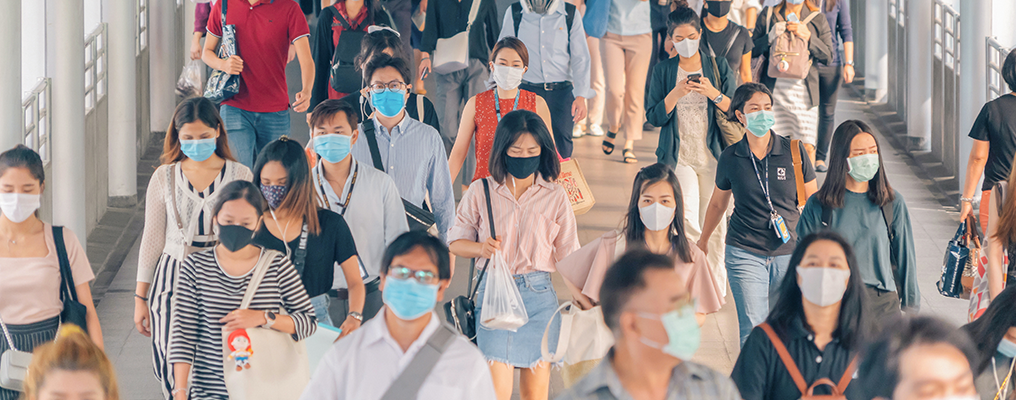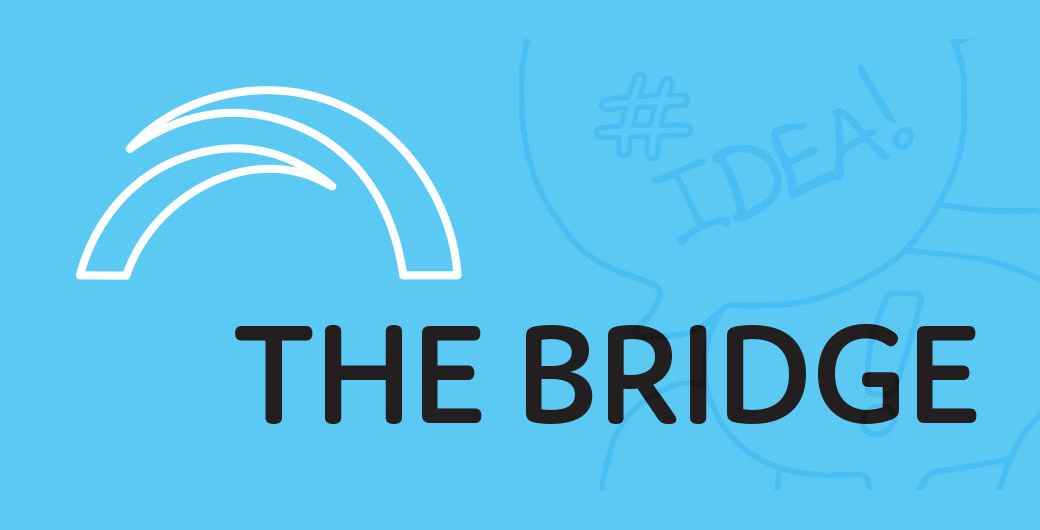
Australia’s response to the COVID-19 pandemic has been widely perceived as successful. However according to a paper in the Monash Bioethics Review, there are serious ethical challenges at its heart. The paper examines two concerns:
- the normalisation of fear and emergency through the language and policy responses adopted by governments
- the significant diminution of individual freedoms and human rights.
Australia’s pandemic response
As the world grappled with the pandemic, the experiences of just a small handful of countries are widely perceived to have bucked the trend of mass infections, hospitalisations and deaths. Australia is one of those countries.
In the first two years of the pandemic, few lives were lost to the virus compared to the rest of the world. The swift closure of Australia’s international and domestic borders, along with Australian citizens’ willingness to support government policies, prevented the virus from sweeping through the country with the same devastation it did elsewhere.
The cost of Australia’s COVID-19 response
Australia along with Aotearoa New Zealand, prioritised “bare life” over all other concerns during the pandemic. Australia closed its international borders and, at various times, restricted travel across state boundaries. Australia’s state-based ‘lockdowns’ were in pursuit of an explicit “zero COVID” policy rather than to slow transmission, with police and the military used to deliver what were nominally public health interventions.
There are two major ethical concerns raised by this response. First, governments have normalised fear and emergency through their language and policy responses. Second, this response has seen a significant diminution in individual freedoms. What is especially striking in these developments has been how limited dissent has been, particularly among those sympathetic to human rights, social democracy and progressive liberalism.
More than a threat to public health
When COVID-19 arrived in Australia in March 2020, the threat was clearly defined. As well as a public health issues, it was a threat to Australia’s security. Australia defaulted to a position of “Fortress Australia” during 2020-21. Government policy aimed to keep the number of COVID-19 infections at zero, essentially by sealing the borders and keeping the rest of the world out.
Most Australians were comfortable to have had their international borders effectively closed for most of the pandemic. A country that had been an open, globally engaged society shifted seamlessly into becoming a closed nation fearful of outsiders, with overseas arrivals regarded as threats to national biosecurity and sovereignty.
Culturally, the national discourse was marked by a widespread acceptance of the language and policy of emergency. The Australian public and media focused continuously on COVID-19 case numbers. This reflected the deep and profound public influence of the “zero COVID” approach that defined the national and state responses.
This willingness to accept the emergency measures reflects acceptance of the trade-off between liberty and safety.
An allegiant culture
While other research has found an increase, perhaps temporary, in public trust in government in Australia and Aotearoa New Zealand as a result of the pandemic response, the paper argues that lockdowns and the policy responses have had a corrosive effect on Australia’s political culture. This includes public understanding of the place of core freedoms in Australia’s democratic practices.
There is a strong danger that the political culture is transforming into what is described as an “allegiant” culture. This is a political culture characterised by an emphasis on order and security, deference to authority, limited democratic protest and compliance with institutions. It stands in opposition to an “assertive” culture, which is characterised by civic participation, direct action and scepticism of authority.
For a nation that has been subjected to significant restrictions on individual freedoms, Australian society has been relatively muted in its dissent. Compared with other liberal democracies, the Australian public has been strikingly compliant. Where they have taken place, public protests appear to have been dominated by fringe political movements and actors,
There are several pragmatic reasons for this public acceptance of the diminution of freedom. The slow pace of the vaccine rollout in the first half of 2021 led many to believe that Australia had no reasonable choice. Political factors have also been at play with some state premiers supporting a “zero COVID” approach.
The bottom line
One consequence is the increasing polarisation of Australian public debate on questions of “freedom”. Criticisms of government restrictions have been dismissed as libertarian excess. The framing of debates about COVID-19 management have seen arguments in favour of “living with COVID” being equated with “letting the virus rip”.
The paper argues that the pandemic has served to reinforce the corrosion of Australia’s democracy. Inequalities have widened, narrow-minded protectionism has infected Australian political culture and there has been a worrying erosion of rights and liberties.
Want to read more?
Fear, freedom and political culture during COVID-19 – Tim Soutphommasane and Marc Stears, Monash Bioethics Review, June 2022
Each fortnight The Bridge summarises a piece of academic research relevant to public sector managers.
- Published Date: 20 September 2022

